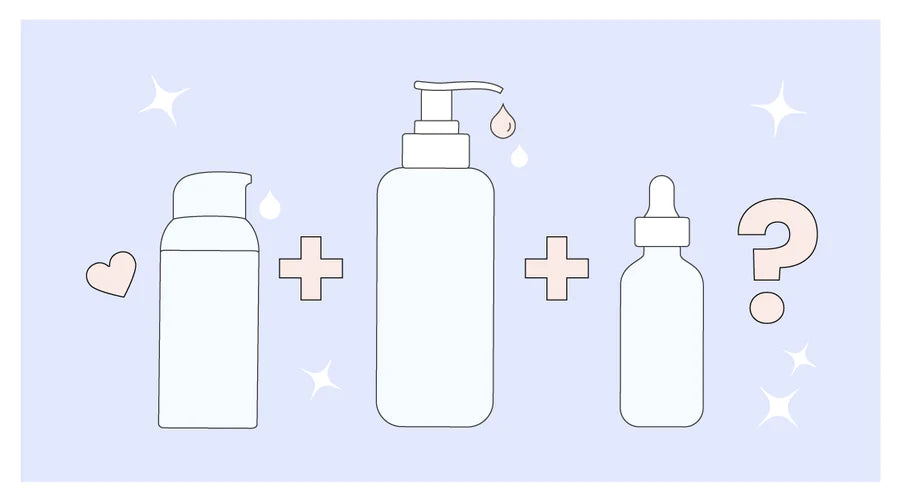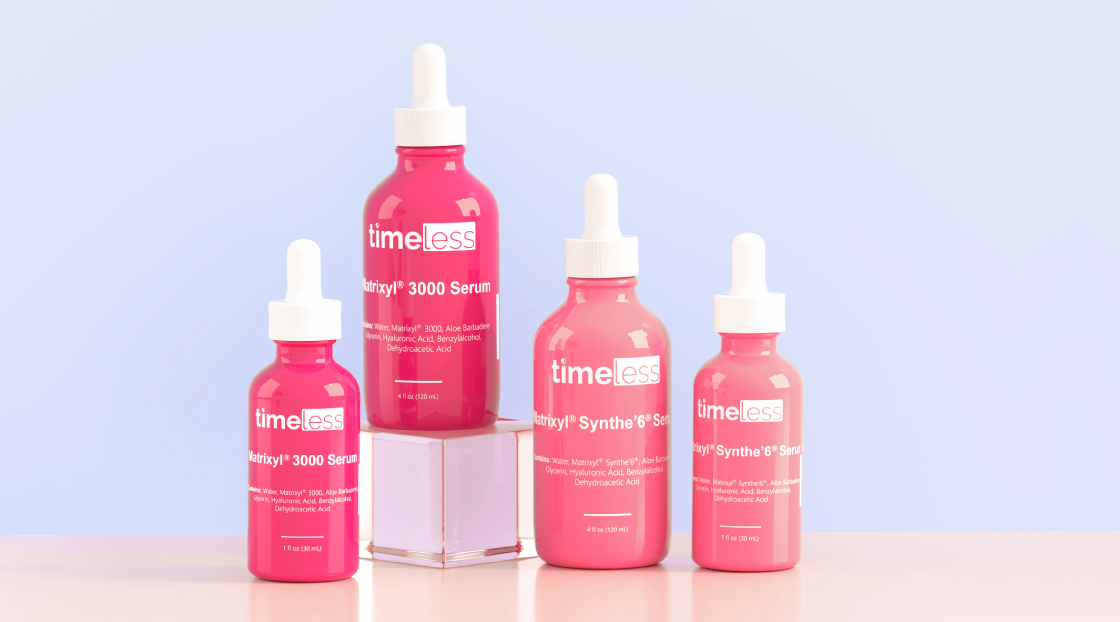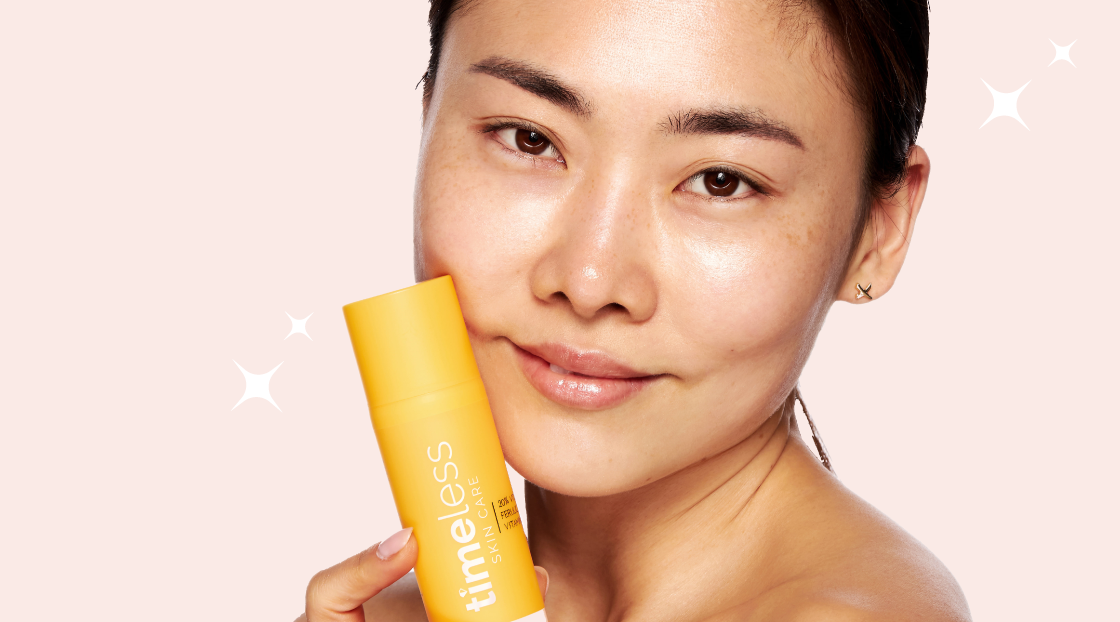Protecting Your Skin From Summer Pollution
Now that summer is here, you are probably eager to spend more time outdoors enjoying the warm weather. While participating in summer activities offers many benefits, spending more time outdoors can also expose you to higher amounts of air pollution.
This is especially true if you live in an urban environment. Although the World Health Organization sets standards for air quality, 92% of the world's population live in cities that do not comply with WHO's standards. Longitudinal studies that compared the skin of those living in a rural area to those living in the city found that urban dwellers tended to experience more skin damage than their counterparts in the country.
As an individual, there is only so much you can do to reduce the level of pollution in the air. However, you can take steps to counteract the effects of pollution on your skin. How do you get rid of polluted skin? Read on to find out.
Different Types of Pollution
Air pollution can be categorized into two broad categories: soot and smog. They are similar in that they both result from burning fossil fuels to operate factories, power plants, automobiles, etc. The difference is that soot is made up of tiny particles, while smog results when sunlight reacts with combustion emissions to produce toxic gases.
A number of materials can make up the particles found in soot, including dust, chemicals, smoke, allergens, and even heavy metals. These particles are often, though not always, too large to fit through your pores to penetrate the outer level of your skin. Rather, it can sit on the surface of your skin until it is cleansed away. You may see it as a residue if you use a light-colored washcloth.
Smog contains gaseous pollutants including ozone, carbon monoxide, oxides of nitrogen, and sulfur dioxide. Unlike most particles contained in smog, the molecules of these toxic chemicals are microscopic. Therefore, they are small enough to penetrate your pores and enter the deeper layers of skin.
Effects of Pollution on the Skin
Skin pollution can contribute to a number of dermatologic conditions and other skin problems, including the following:
- Irritation and inflammation
- Eczema
- Allergic reactions
- Skin cancer
- Dark spots
- Clogged pores
- Dry skin
- Dullness
One of the skin's primary functions is to form an immune barrier against pathogens. Pollution can break down this barrier and leave you vulnerable to disease-causing agents that can affect the skin and other systems of the body as well.
In addition to medical conditions affecting the skin, pollution can also contribute to premature aging. The chemicals comprising soot and smog contain unstable molecules called free radicals. These bond to structures in your cells and slowly break them down. This is called oxidization, a process that also causes rust in metals. As the cells of your skin break down, wrinkles and other signs of aging can result. The parts of the body that are most likely to show the aging effects of pollution are those that are often the most exposed, such as the hands, neck, and face.
Tips To Defend Your Skin Against Pollution
Especially in the summer, it is neither practical nor desirable to spend all your time indoors to guard against pollution. However, there are steps you can take to protect skin from pollution.
- Modify Your Behavior
While you can't completely avoid going outside, it may be possible to change your routine to minimize your exposure to pollutants. If possible, try to avoid going outside during rush hour, when there are more vehicles on the streets and therefore more exhaust in the air.
- Moisturize
Moisturizers have antioxidant and other protective properties. Additionally, they  plump up your skin cells with water, minimizing the appearance of wrinkles. Hyaluronic acid can hold up to 1,000 times its weight in water, making it an extremely effective moisturizer.
plump up your skin cells with water, minimizing the appearance of wrinkles. Hyaluronic acid can hold up to 1,000 times its weight in water, making it an extremely effective moisturizer.
- Double Cleanse
To ensure that your skin is thoroughly clean and that all surface impurities have been removed, it may be a good idea to perform a double cleanse on your skin. This is particularly helpful if you live in an area with a high level of pollution. For this to be most effective, it is important to choose the right cleanser. Pick one with no added sulfates that is specifically formulated for your skin type.
If you only perform one double cleanse per 24 hours, do it at night after you have been exposed to pollutants over the course of the day. You may also get a deeper clean from using cleansing brushes rather than just your hands or a washcloth.
- Form a Barrier
The glands in your skin naturally produce substances intended to form a protective outer barrier. Unfortunately, not only does the production of these substances tend to decrease as you age, but exposure to pollutants can artificially break down the barrier, allowing free radicals and other harmful substances into your body through your skin.
However, you can rebuild this barrier with products like squalane 100% pure. This is a more stable formulation of squalene, an emollient that occurs naturally in your skin to keep it soft, lubricated, and protected. Squalane works to moisturize the skin and improve its radiance and elasticity.
- Use Antioxidants
Antioxidants are substances that defend your cells against the damaging effects of free radicals. Therefore, they are an essential weapon in your battle against skin pollution. Examples of antioxidants include vitamins E and C. Antioxidants are effective when applied topically or taken internally. To maximize their effectiveness, you may want to incorporate both routes of administration into your routine.
It should not be difficult to find serums and other topical products for all skin types that contain vitamins C and/or E. Internally, you can take vitamin supplements or modify your diet to include foods that are rich in antioxidants. These include whole grains, fish, green tea, orange vegetables, leafy greens, nuts, and certain types of berries.
- Exfoliate
Apart from other negative effects, pollution can cause your skin to appear drab and dull as it builds up over time. Exfoliating your skin helps to prevent this buildup by deep-cleaning your pores. It also removes dead skin cells, allowing younger skin underneath to show through.
- Stop Smoking
Cigarette smoke contains some of the same poisonous chemicals found in combustion emissions, like carbon monoxide and nitric oxide. When you smoke, you directly expose the skin of your face to these harmful substances. Smoking cessation will not only reduce your exposure to pollutants but can benefit your overall health in significant ways. If you are not a smoker yourself, try not to spend time with others as they do so. This prevents exposure to second-hand smoke.
Ways To Promote General Skin Health
The more healthy your skin is overall, the better its defenses against pollution will be. Though the following techniques do not address skin pollution directly, they help to improve your skin's general wellbeing.
- Hydration
One of the best things you can do for your skin, as well as your body as a whole, is to keep it hydrated. When you get plenty of water, it helps to strengthen your skin's natural barrier and keep the cells plump, minimizing signs of aging. Additionally, dehydration can make you seriously ill, but ensuring adequate water intake can prevent this.
You can drink water to stay hydrated, or you can eat fruits with a high water content, such as apples and watermelons. As a bonus, these fruits are also rich in antioxidants. Another good way to stay hydrated is by drinking coconut water, which replaces your electrolytes without the added sugar found in sports drinks.
- Wear Sunscreen
Manmade pollutants are not the only harmful agents that can age your skin prematurely. Ultraviolet radiation from the sun is another culprit. You can protect your skin from the sun's rays by wearing sunscreen whenever you go outside. You need an SPF of at least 30 for effective protection. Be sure you choose a sunscreen that protects against both UVA and UVB rays and reapply several times throughout the day.
- Take Supplements
In addition to antioxidants, there are a number of nutritional supplements you can take to promote your overall skin health and boost your body's natural defenses from the inside out. Adaptogens like ginseng or CoQ10 help to modify the effects of stress on your system and bring the body back into balance. Vitamin B3, also known as niacinamide, works to actively repair damage to the skin caused by UV radiation and also helps to strengthen the protective barrier of the skin.
- Get Enough Sleep
There is some truth behind the common expression "beauty sleep." As you sleep, your body increases the blood flow to your skin, which promotes a glowing complexion, and the skin makes more collagen, which helps prevent wrinkles. Sufficient sleep also provides a boost to the immune system, which can have a positive effect on your skin health.
Though pollution can affect your skin in a negative way, you are not completely powerless against it. Find out more about skin care products that can protect you from the negative effects of pollution.













